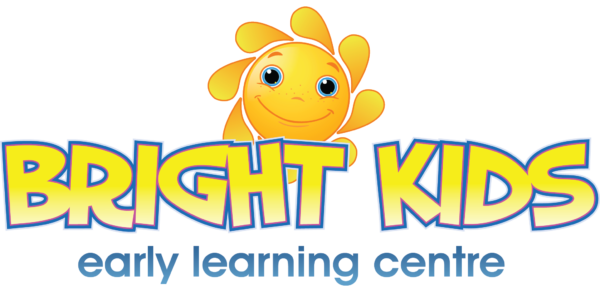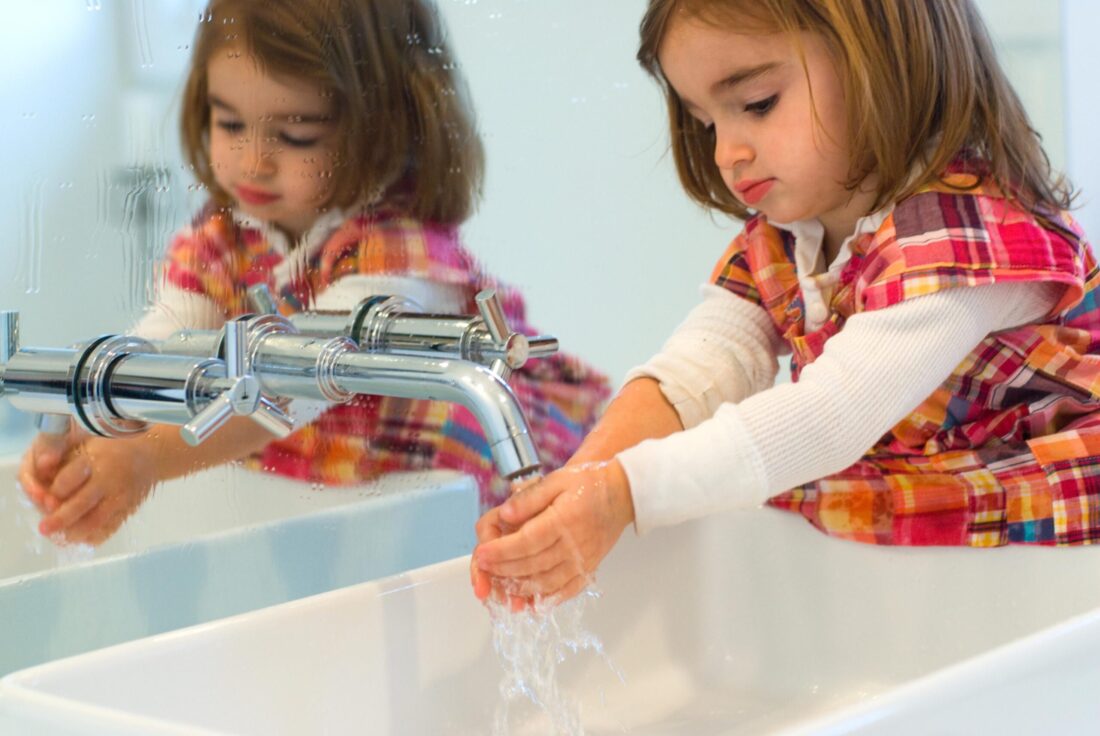Foundation Building for 2-3 years
Understanding and identifying the developmental milestones can assist greatly in recognising delayed development, facilitating earlier interventions and improving outcomes.
We follow the Queensland health Developmental milestones guide for Early Years Learning Framework to track foundation building behaviours and skills.
At the beginning of the year our Dolphin children were very dependent on us. They were still very little and quite emotional. They had difficulties regulating their emotions and partly because they didn’t understand them. They had limited self-help skills and were not interested in toileting.
Now, just 6 months down the track, the children have developed in leaps and bounds in the way of emerging independence and managing emotions. They independently use the sensory bottles several times throughout the day, as a redirection and calming tool and are learning to manage their emotions. Toileting is still a work in progress…. we have minority that are interested at this stage, but we’ll get there.
Self Help Skills
Developing independence is a main focus in this room, such as:
- Toileting;
- Dressing ourselves;
- Putting on our own shoes and socks;
- making our beds;
- Applying our own sunscreen;
- Using utensils while eating;
- Emptying our plate scraps into the bin;
- Placing our plate on the dirty stack and
- Putting our drink bottle into the basket.
Most of them automatically empty their scraps, stack their plates and place their bottles in the basket when asked- ‘Are you finished eating?’
By offering the opportunity to sit on the toilet with a toilet story book, during nappy change time encourages incremental toilet training progress.
We also embolden the children to apply their own sunscreen. We assist them by placing the sunscreen on their hand and prompting them to rub their hands together and onto their face.
And lastly, we are making a slow progression with making our beds. The children eagerly attempt to make their beds and feel a sense of accomplishment when they actually succeed.
As the year unfolds, the children will continue to get more proficient with all the independent activities. Practice is key though, so encouragement at home is helpful to hone their skills and build confidence.
Motor Skills
Gross motor abilities have an influence on other everyday functions. For example, a child’s ability to maintain appropriate table top posture (upper body support) will affect their ability to participate in;
- Fine motor skills (writing, drawing and cutting);
- Sitting upright (to attend to academic learning);
- Endurance to cope with a full day of school (sitting at a desk, moving between classrooms, carrying a heavy school bag); and
- Ability to navigate the environment (walking up a sloped playground hill or to get on and off a moving escalator).
Without a foundation of gross motor skill building, a child will struggle with many day-to-day tasks such as a eating, packing away toys, and getting on and off the toilet or potty.
Fine Motor
One of the most important ways we can help our children while playing is through setting up simple activities that help to develop fine motor skills. Young children need to be able to hold and use scissors and pencils appropriately. We cannot expect them to be able to write if they haven’t yet developed the strength needed in their hands and fingers.
Drawing with crayons is a great place to start or prompting to draw self portraits using a paint brush.
Threading with pasta using pipe cleaners and then moving from pipe cleaners to string as a natural progression.
Colour sorting with small pom poms using tongs or utilising pegs to attach to a piece of paper or container.
Gross Motor
Gross motor skills are those that require whole body movement and which involve the large (core stabilising) muscles of the body to perform everyday functions, such as:
- Standing;
- Sitting upright at a table;
- Walking;
- Running;
- playground skills (climbing, jumping, balancing) ; and
- sporting skills ( hand-eye co-ordination).
However, these are crucial for everyday self care skills like dressing (where you need to be able to stand on one leg to put your leg into a pant leg without falling over) and climbing into and out of a car or even getting into and out of bed.
The opportunities are endless in our BIG YARD play with pedal bikes, slides, swings, space to run, skip, jump, practice hand-eye co-ordination ball skills, tackle obstacle courses, hone gymnastic skills on the gym mats and participate in group parachute activities.
Roleplay
There is a variety of activities set up in the Dolphin Room that prompt the children to participate in role play or pretend play. We have our home corner, babies area and our dress up area .The children really enjoy playing in these areas and show many benefits from the play that happens there.
Sensory Play
Sensory play is important for toddlers as it encourages learning through exploration, curiosity, problem solving and creativity. It helps to build nerve connections in the brain and encourages the development of language and motor skills.
Sensory Experiences
We have several different sensory experiences set up in the ‘Dolphins Room’, starting with a;
Sensory Basket- which is overflowing with items such as; hand kites, pop its, bubbles scarves and other items which the children are encouraged to use every day.
Sensory Table – We change this table up on a theme basis. At the moment it has bells, pom poms, potpourri and feathers.
Sensory Wall – Which we recently created with the children. The children were invited to decorate cardboard hearts with different sensory items such as, feathers, small stones, pipe cleaners, pom poms, sand, aluminum foil, cellophane and popsicle sticks. The wall is a bit of a favourite and is accessible for the children to touch whenever they feel drawn to.
Numeracy and Literacy
During our morning group time, we use flash cards with shapes, numbers and colours for easy repetition.
We also prompt the children to recall this information throughout the day;
- When they are playing with anything that can be counted or is colourful;
- Reading books; and
- At meal times- having conversations about the colour and shape of the food.
Any opportunity that arises, we prompt the children to recall any information they have previously been given. Repetition is key to establishing their foundation of learning shapes numbers and colours.
Vocabulary building is developed through talking in order. We will do this by asking them questions, encouraging them to answer and prompting them to repeat after us.
3 step commands are a work in progress. The children often get confused and are unsure of what they are meant to do. Our focus over the next few months in this area, is to continue giving them the opportunities to develop this skill in readiness for the snakes room next year.
Mindful Kids
Mindfulness practice helps children to focus on their thoughts and feelings and the ability to be present. Awareness allows children to know how they are feeling, how they react, and how they process everything. Such activities improve both their social and communication skills in the environment and Stability in Self-control.
Our Mindful Kids Program is embedded throughout the Centre and is modified to every age group, in the Dolphins room we practice:
Mindful Breathwork – We focus on a particular style of breathing each week in order to create a sound foundation on which they can build. In addition to reversing the physical stress response in their body, deep breathing can also help calm and slow down the emotional turbulence in their minds.
Growth Mindset Song – This catchy song, which we also do with actions every morning, has a purpose and we pull on the lyrics throughout the day. Such as; “My brain is like elastic, it stretches and it grows”; “I will have a go, I won’t give up” and ” Mistakes don’t mean that I can’t do it, It just means I can’t do it YET!”
Redirection tools – Such as our sensory bottles (which the children made), sensory basket and sensory table, are always accessible.
Mirror work – mirror work is a great place to start when teaching what emotions look like. Make a face and see how you look. Relating these faces in storybooks and flashcards helps the children identify it in others.
Empowering Our Youth
This Indigenous inspired program, gives the children the tools to respond to diversity with respect and to also appreciate the differences in people.
Every morning in group time, we recite the ‘Acknowledgement to Country’ and greet with “Jingeri” which is hello in Yugambeh language. The children enjoy this activity and clap along and say their friend’s names. This is an opportunity for everyone to show respect for Traditional Owners of the Land and the continuing connection of Aboriginal and Torres Strait Islander peoples to Country.
We embrace the culture with different art experiences, language and story telling.
Bush Kindy
Bush Kindy is our nature inspired program which is mostly facilitated in our environmental yard. The Children thoroughly enjoy this program and all it has to offer.
Recently, we replanted flower seedlings (to encourage bees to visit our environmental yard) and the children get great pleasure in the cultivation process.
We have also taken plants from our garden and brought them in to our room, as a sensory experience, for the children to feel and smell.
Our environmental yard offers the children an understanding of how people and the environment co-exist. Role modeling a respect for our environment and an understanding of how to care and protect it, benefits our very existence.
By teaching children that the environment provides a wide range of essential benefits like;
- The air we breathe;
- The food we eat; and
- The water we drink.
We can all greatly improve our quality of life.
Practising At Home
It is very easy to work towards these goals at home. It can be achieved by constantly giving children the opportunities to try. Experiencing new things is how children continue to grow and learn.
Some things to try at home:
- Allow your child pick their own clothes to wear;
- Encourage your child to dress themselves;
- Sit them on a potty or get a little seat for the toilet, to get a feel for it;
- Take them to parks with play equipment to develop their gross motor skills;
- Have conversations with your children with prompted questions;
- Talk about the environment and involve them with some gardening;
- Provide them with activities for their fine motor skills eg tip a container of pegs onto the floor; and make a game of picking them up and peg them to the edge on the container.
That’s all for this month, from Miss Jodie, Miss Sabrina and the Dolphin (Gwong) children.
Also please follow our Facebook and Instagram Pages and stay up to date.


